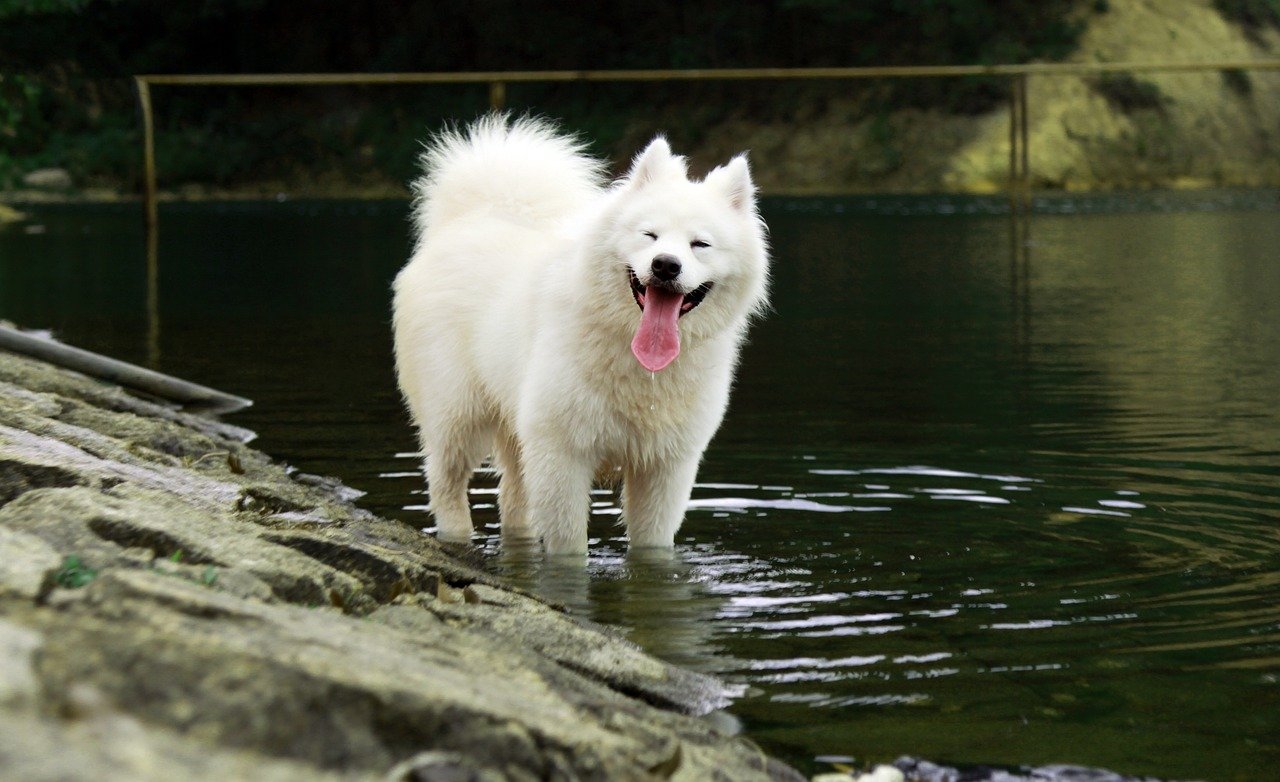Samoyeds, often recognized by their fluffy white coats and perpetual smiles, are not just visually charming but also incredibly sociable. Known as the “smiling Sammies,” they are naturally inclined to be around people and other animals. Historically, these dogs were bred by the Samoyede people in Siberia for herding reindeer and pulling sleds. This close-knit working relationship with humans instilled a profound sense of social dependence in them. Like a child who thrives in a lively family environment, Samoyeds crave constant interaction. They are not the type to be left alone for long periods, and they thrive on the energy and presence of others. This inherent social nature makes them unique and explains their longing for companionship.
A Heritage Rooted in Teamwork
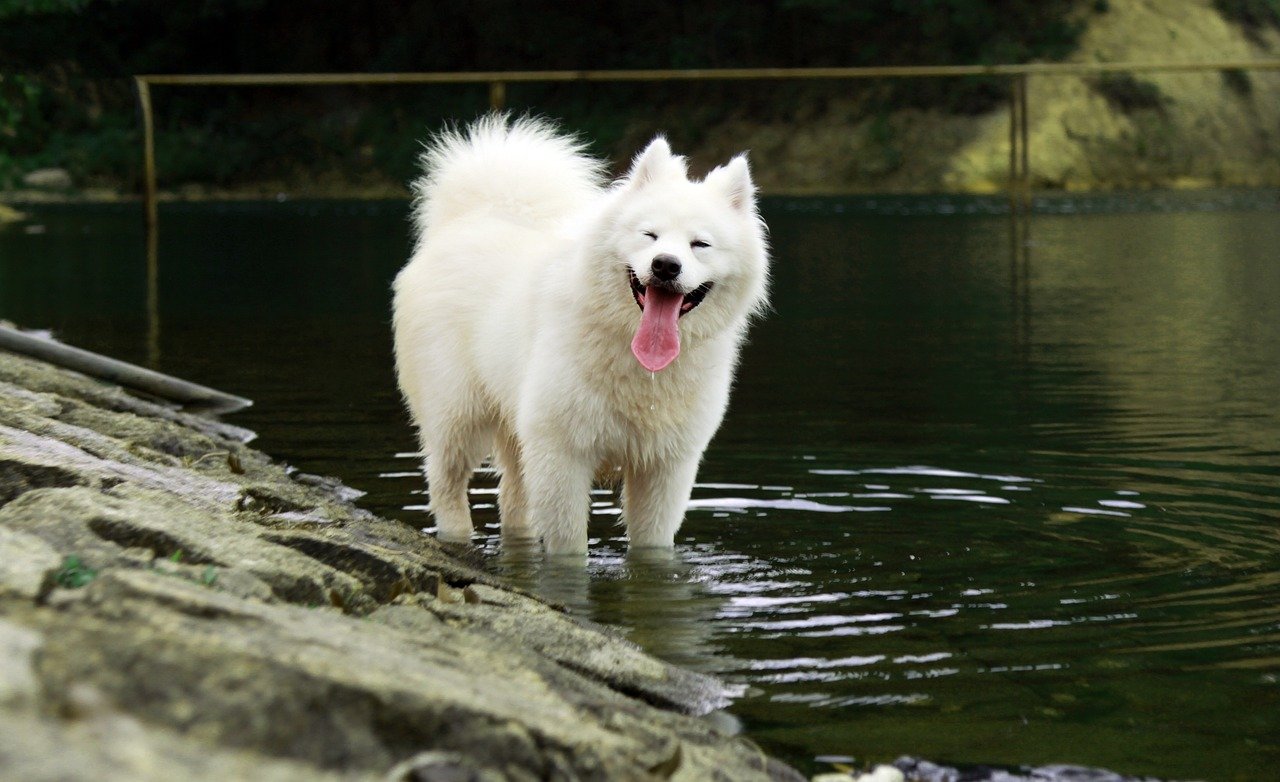
The Samoyed’s history is steeped in teamwork, which explains their need for companionship. These dogs were not just pets; they were partners. In the harsh Siberian climate, they worked alongside humans, helping with herding and providing warmth during freezing nights. Imagine the bond formed when survival depended on mutual trust and cooperation; this is the legacy ingrained in the Samoyed. They have been conditioned over generations to work in teams, and this translates into their modern-day behavior. Their longing for companionship is a deep-seated instinct, a remnant of their collaborative past.
The Samoyed Smile: More Than Just Appearance
The famous Samoyed smile is more than just an endearing feature; it’s a reflection of their affectionate nature. This expression is not only because of their facial structure but also a genuine indication of their happiness and contentment when they are around their loved ones. Their smiles are like a mirror to their souls, reflecting their desire to be loved and give love in return. It’s almost as if they are saying, “I need you, and I’m happy to be with you.” This expression of joy is contagious and often makes them the heart of any household, thriving in environments where they receive ample attention and affection.
Affectionate and Playful Personalities
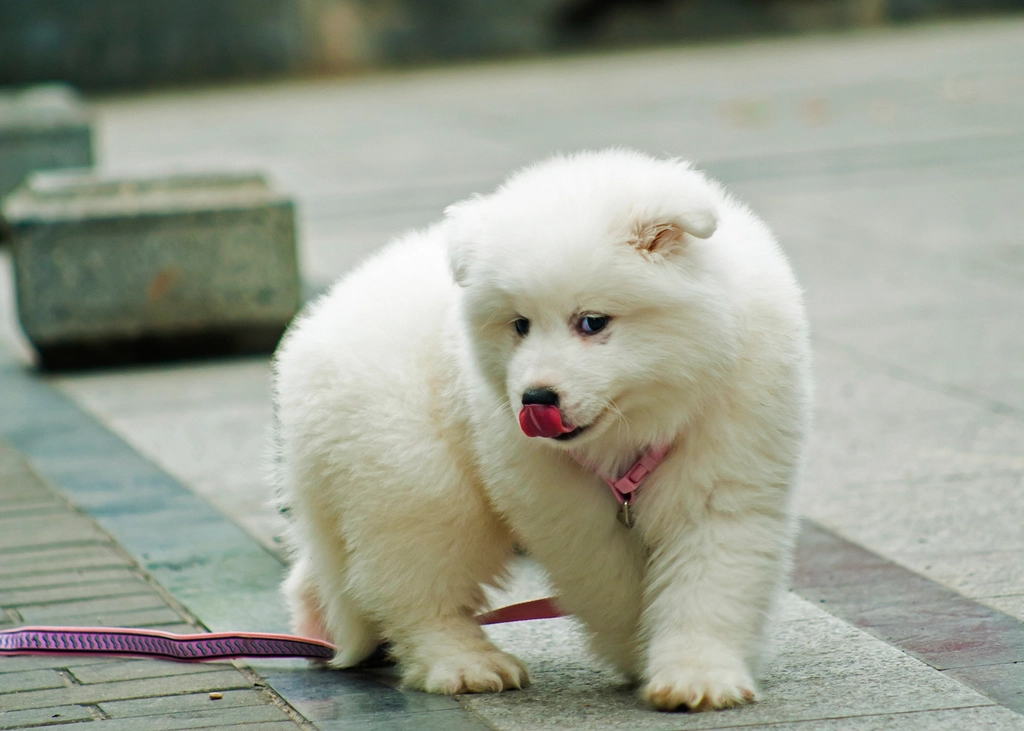
Samoyeds are known for their playful and affectionate demeanor. They are like the eternal puppies of the dog world, always ready to play and interact with their human companions. Their playful nature is a manifestation of their need for attention. Just like a child who constantly seeks the attention of a caregiver, Samoyeds thrive on interaction. They love being involved in family activities and are known to exhibit behaviors that invite play and affection, such as fetching, cuddling, and gentle nudging. Their playful spirits make them wonderful companions, but also highlight their need for regular interaction and engagement.
Samoyeds and Separation Anxiety
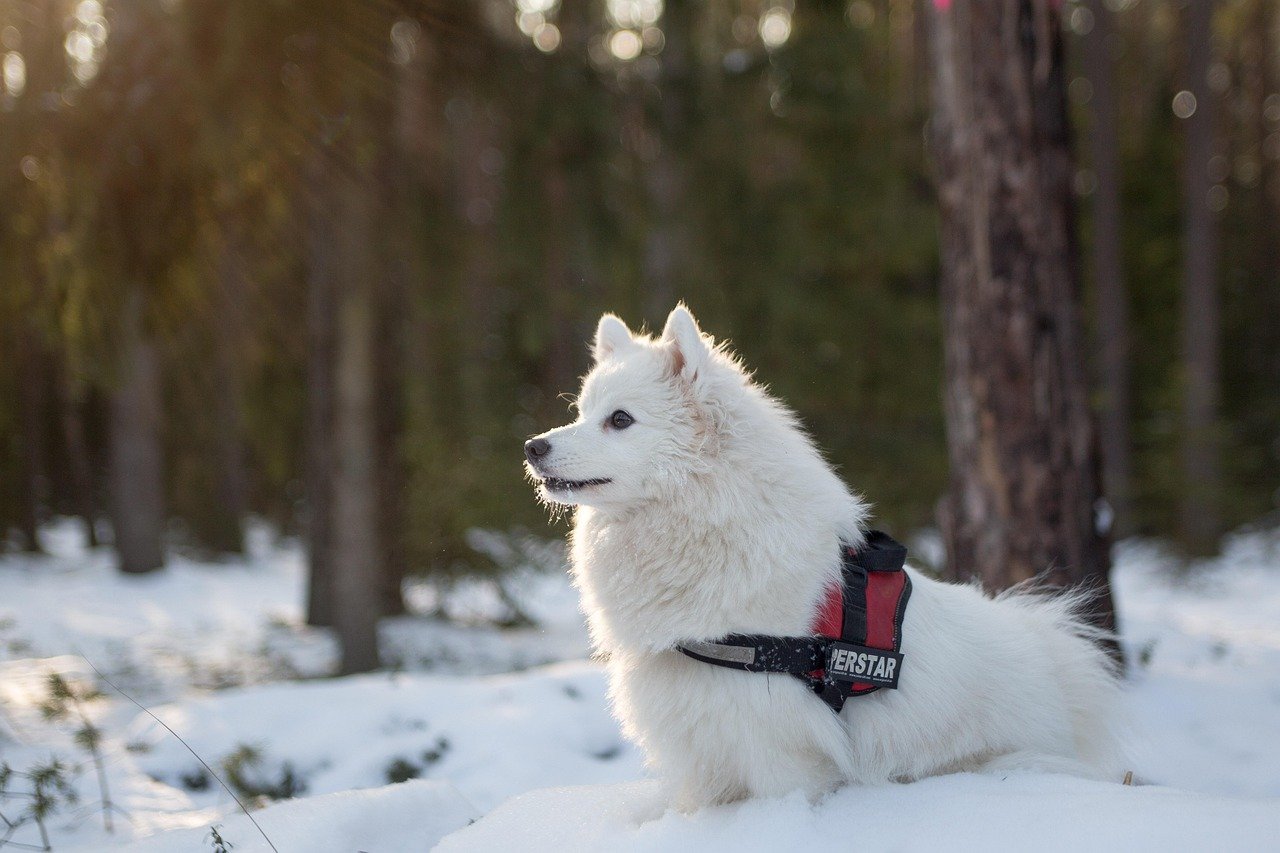
One of the challenges of owning a Samoyed is their propensity for separation anxiety. This breed does not do well when left alone for extended periods. Their longing for companionship makes them prone to anxiety when their human family is not around. Like a person who feels uneasy in isolation, Samoyeds can become distressed, leading to behaviors like barking, chewing, or even attempting to escape. Understanding this aspect of their nature is crucial for potential owners. Providing them with companionship, whether human or another pet, can help mitigate this issue and ensure their emotional well-being.
Intelligence and the Need for Mental Stimulation
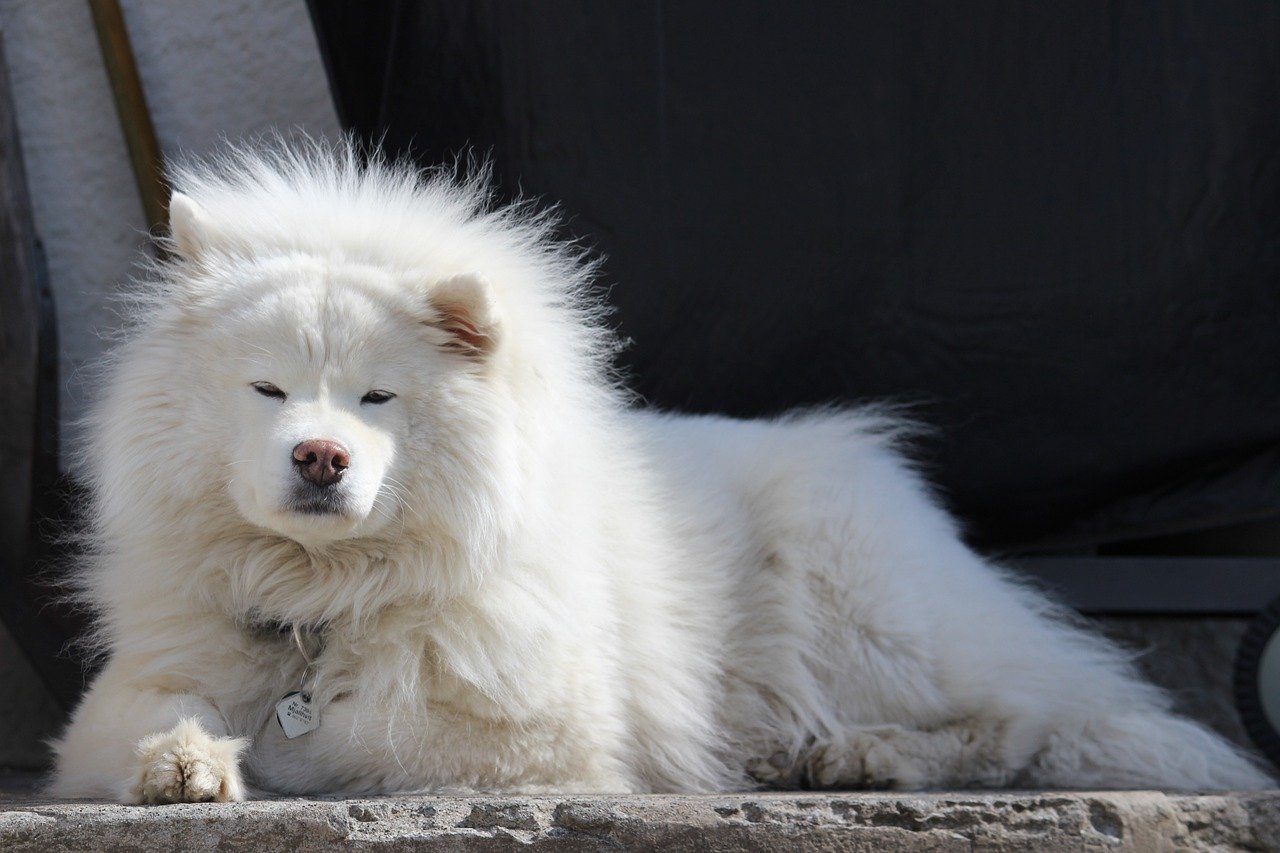
Samoyeds are not only sociable; they are also highly intelligent. This intelligence means they require mental stimulation to stay happy and healthy. Just like a student who excels when challenged, Samoyeds need tasks and activities that engage their minds. Without sufficient mental stimulation, they may become bored, leading to destructive behaviors. Owners can satisfy this need by incorporating training sessions, puzzle toys, and interactive games into their routine. Their intelligence, combined with their desire for companionship, makes them eager learners and loyal friends.
The Role of Exercise in Satisfying Samoyeds’ Social Needs
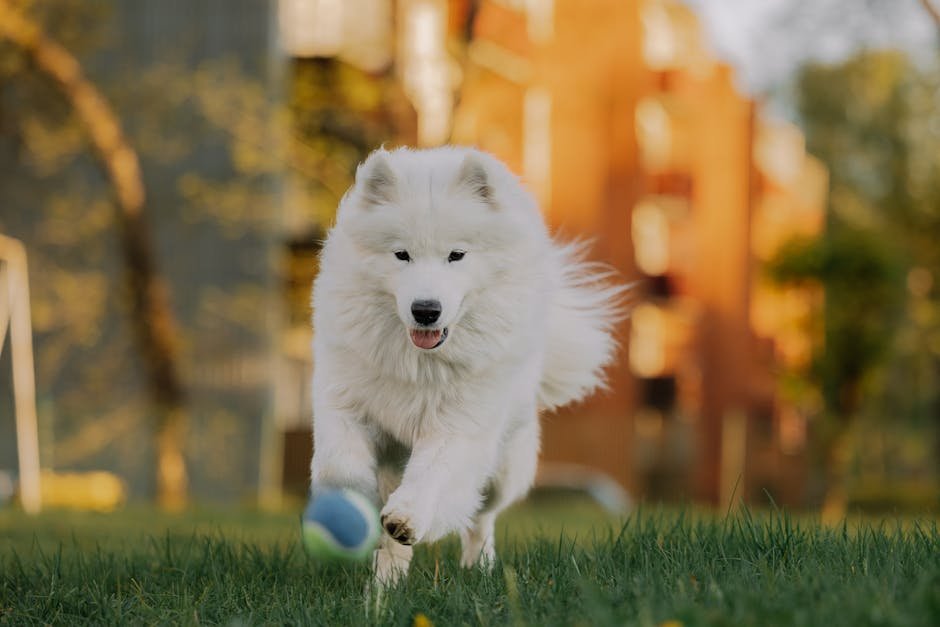
Exercise plays a significant role in fulfilling a Samoyed’s social and emotional needs. These dogs are energetic and require regular physical activity to release pent-up energy. Taking them for walks, runs, or hikes not only helps keep them fit but also satisfies their social instincts. Just as humans enjoy socializing while exercising, Samoyeds benefit from interacting with their owners and encountering new people and animals during their outings. Regular exercise is essential in maintaining their happiness and ensuring they receive the attention they crave.
The Ideal Environment for a Samoyed

Creating the perfect environment for a Samoyed involves understanding their deep-seated need for companionship and activity. These dogs thrive in homes where they are considered part of the family and are involved in daily activities. Environments where they can interact with other pets or family members suit them well. Like a plant that flourishes in the right conditions, Samoyeds blossom when given love, attention, and the opportunity to engage in social activities. Prospective owners should be prepared to invest time and energy into meeting these needs to ensure a happy and balanced Samoyed.
In summary, Samoyeds’ longing for companionship, attention, and affection is deeply rooted in their history and nature. Their sociable and intelligent personalities require environments that offer plenty of interaction and stimulation. Understanding and catering to these needs can lead to a rewarding and loving relationship with one of these beautiful, smiling dogs.

